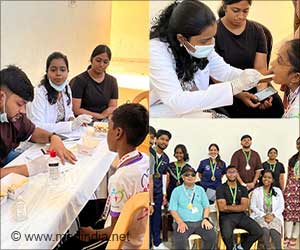Japan's parliament has passed a law ending a ban on child organ donations, paving the way for patients aged under 15 to receive life-saving transplants.
Japan has until now banned organ donations by and for children, a situation which activists say has claimed thousands of lives and forced many families to send children in need of transplants on costly overseas trips for surgery.The opposition-controlled upper house approved the revised bill by 138 votes to 82, house speaker Satsuki Eda said, just weeks after the lower house approved the new law.
The legislation scraps the age limit and the need for prior consent for donations, unless the person explicitly objected in advance to having their organs used. It still requires family members to agree to a transplant.
The new law also recognises that patients who are medically brain dead are legally dead -- long a controversial topic in Japan where many religious groups say a person is only deceased once their heart and lungs have stopped working.
Japan adopted an Organ Transplant Law in 1997, but since then only 81 transplants have been carried out, compared to several thousand each year in the United States and several hundred annually in Europe.
The long-debated reform plans were fast-tracked this year after the World Health Organization (WHO) signalled it would ask signatory nations in early 2010 to limit organ transplants to within their national boundaries.
Advertisement
Source-AFP
LIN








